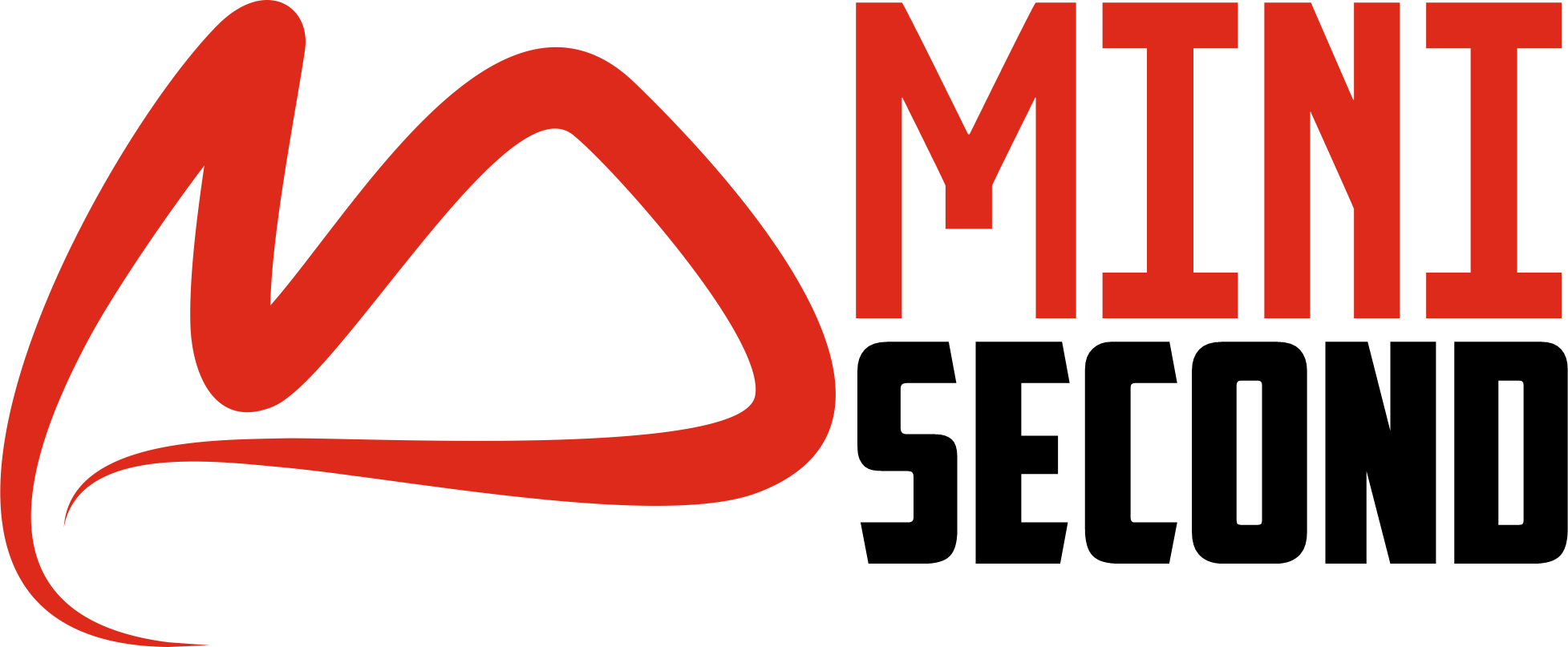SEO Write For Us – A web page for your brand or company is the basis of any digital presence, but the effort to create it is useless if you don’t ensure your audience finds it. Therefore, it is essential to make Google work in your favour. We will see what SEO is, why it is so important and how search engines work.
What is SEO or Search Engine Optimization?
SEO stands for Search Engine Optimization (optimization for search engines). It is the procedure of improving the visibility of a website in the organic results of any search engine.
It is very significant to be clear that SEO refers to organic results, not paid. The complementary option (paying a cost per click to occupy the first places for a specific search) is known as SEM or Search Engine Marketing. To put a metaphor, SEO is similar to looking for a good free parking lot next to where you have to go, while SEM would be the equivalent of paying for a parking lot.
Authority and SEO
Secondly, we have authority, which we can define as the popularity of a website. The more “votes” a website receives through links, the better it will be considered by search engines.
To improve the authority of a website, off-site SEO techniques are used, which focus on factors external to the website itself. What is sought is to improve the parameters that define the popularity of a website for search engines: links to the website, presence in social networks, mentions in the media, and how many users click on our website when it appears in their search results. Search etc

Likewise, You can submit your articles at contact@minisecond.com
How to Submit Your SEO Articles SEO Write For Us?
That is to say, To submit your article at www.minisecond.com, mail us at contact@minisecond.com.
Why Write for Mini Second
You might want to write for Mini Second about crop tops for many reasons. Here are a few of them:
- You can share your information and expertise with our readers.
- You can promote your blog or website.
- You can get exposure to a large audience.
- You can earn money from your writing.
SEO Write For Us
That is to say, here at Mini Second, we publish well-researched, informative, and unique articles. In addition, we also cover reports related to the following:
website
search engine
website traffic
paid traffic
vertical search
WebCite
webserver
web pages
domain name
World Wide Web
Hyperlinking
social networking.
software
error message.
embedded systems
Guidelines of the Article – SEO Write For Us
When writing your article, please keep the following guidelines in mind:
- Use clear and concise language.
- Avoid jargon and technical terms.
- Proofread your article carefully before submitting it.
If you have any questions about Mini Second or submitting an article, please don’t hesitate to contact us. That is to say, To submit your article at www.minisecond.com, mail us at contact@minisecond.com.
